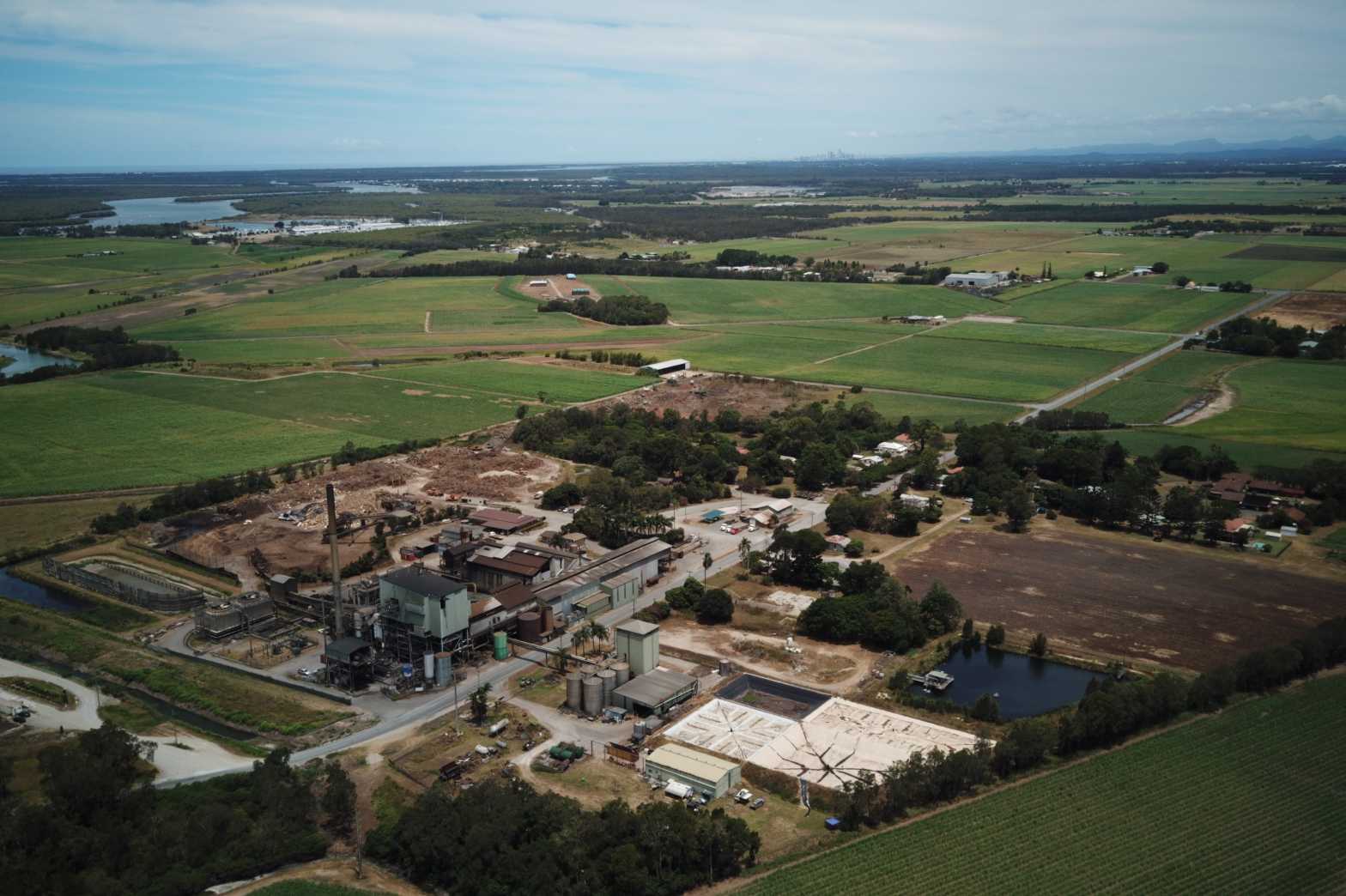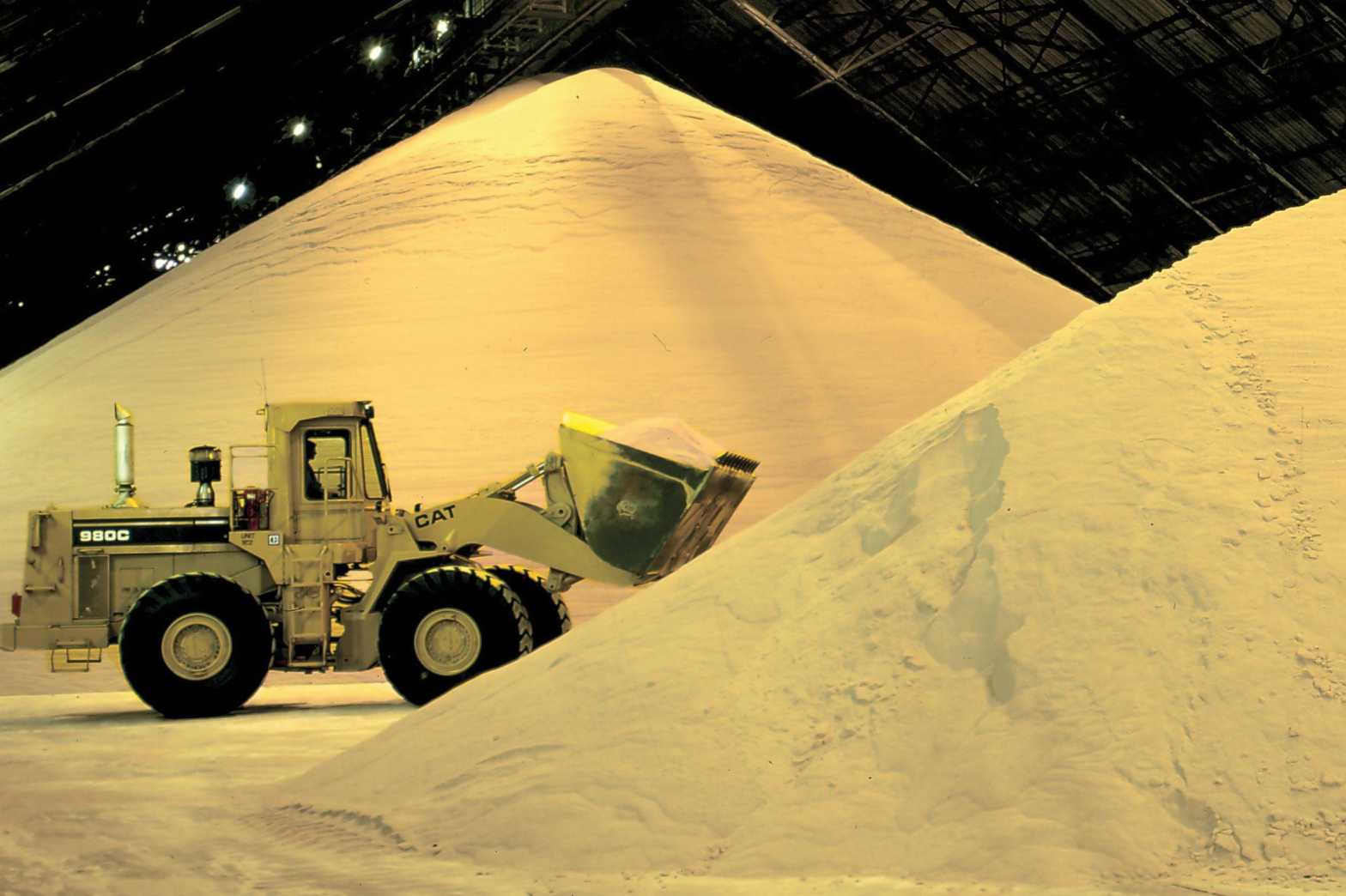New analysis has calculated a $1 billion cost to the Queensland sugar industry from Indian Government price and export subsidies currently under investigation by the World Trade Organisation (WTO).
The finding has alarmed but not surprised peak industry organisations the Australian Sugar Milling Council (ASMC) and CANEGROWERS, who say it confirms the need for continued pressure from the Australian Government and industry against India’s subsidies.
The Green Pool Commodity Specialists report, commissioned by ASMC, found Indian Government sugarcane price regulation was causing large production surpluses and India’s subsidised exports had contributed to substantially lower global sugar prices. The report concludes that Queensland cane growers and sugar millers had incurred an estimated $1 billion revenue hit between 2017/18 and 2020/21 – or almost $5 million every week.
ASMC Director, Policy, Economics and Trade David Rynne said Australia, Brazil and Guatemala made a formal complaint to the WTO in February 2019 regarding the harm caused by the Indian Government subsidies to their sugar industries. The WTO panel’s report on the complaint may be handed down during 2021.
“Over the past four years, these subsidies have hurt Queensland growers, millers and sugar industry employees, their families and communities. ASMC is commissioning further analysis to determine the wider impact on the regions and the State’s economy,” Mr Rynne said.
“The Green Pool report concluded that India’s current sugar production of more than 33 million tonnes exceeded its domestic sugar consumption of about 26 million tonnes. This excess subsidised production means export subsidies are likely to be an ongoing feature for many years if it is not reined in,” he said.
ASMC and CANEGROWERS have praised the Australian Government for its advocacy on behalf of the sugar industry to date and urged continued support for growers, millers, dependent businesses and regional communities which continue to feel the impact of price distortions in the global sugar market.
CANEGROWERS Chairman Paul Schembri said the Australian Government had strongly backed the industry through the WTO case, but with concerning reports the Indian Government may be considering another package of export subsidies, it is clear that maintaining the collective effort of our diplomatic representatives to the Indian Government will be crucial.
“We are hopeful the WTO will find against the Indian subsidies because the economic pain for Australian growers, millers and sugar communities could be profound and prolonged if they continue,” Mr Schembri said.
“We will be sharing the findings of this report with the Australian and Queensland governments, and our local parliamentary representatives,” Mr Schembri said. “We want to work with them to ensure progress on the path to a fairer global market for sugar.”
ASMC estimates of the regional breakdown of industry-wide impacts highlighted in the Green Pool report. The impacts in lost revenue terms across the sugar regions over the past four seasons are:
> $212.5 million in the Northern region including the mills of Tableland, Tully, South Johnstone and Mossman;
> $151.2 million in the Hinchinbrook region including the mills of Victoria and Macknade;
> $306.8 million over four years in the Burdekin region including the mills of Pioneer, Inkerman, Kalamia and Invicta;
> $276.9 million in the Mackay and Whitsunday region including the mills of Farleigh, Marian, Racecourse, Plane Creek and Proserpine; and
> $106.6 million in the Bundaberg and Wide Bay region including the mills of Isis and Millaquin and the now closed mills of Bingera and Maryborough, which completed their final crushes last season.
The Green Pool report found:
“India’s sugar export subsidy programme since 2017/18 has become virtually institutionalised. India is now a structural exporter of sugar, with subsidies on exported sugar of up to one-third of an Indian mill’s cost of production of raw sugar.”
“Besides export subsidies and regulated cane prices, India’s government also fixes domestic sugar prices well above global prices and provides soft loans to milling companies to build ethanol distilling operations to utilise sugar and processing by-products.”
“The decision of India’s government to financially support significant levels of exports (initially compulsory) has had a real and perverse impact on the global market.”
Link to the AMSC-commissioned Green Pool report “Indian Sugar –The Impact of Over-production on Sugar Industry Revenues”



